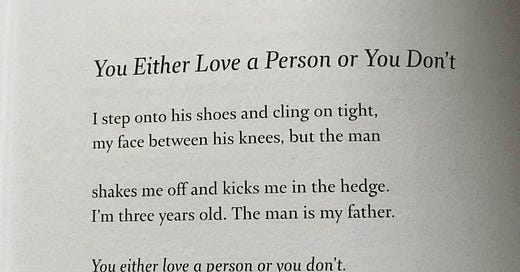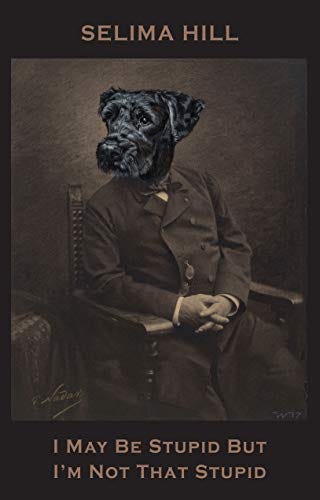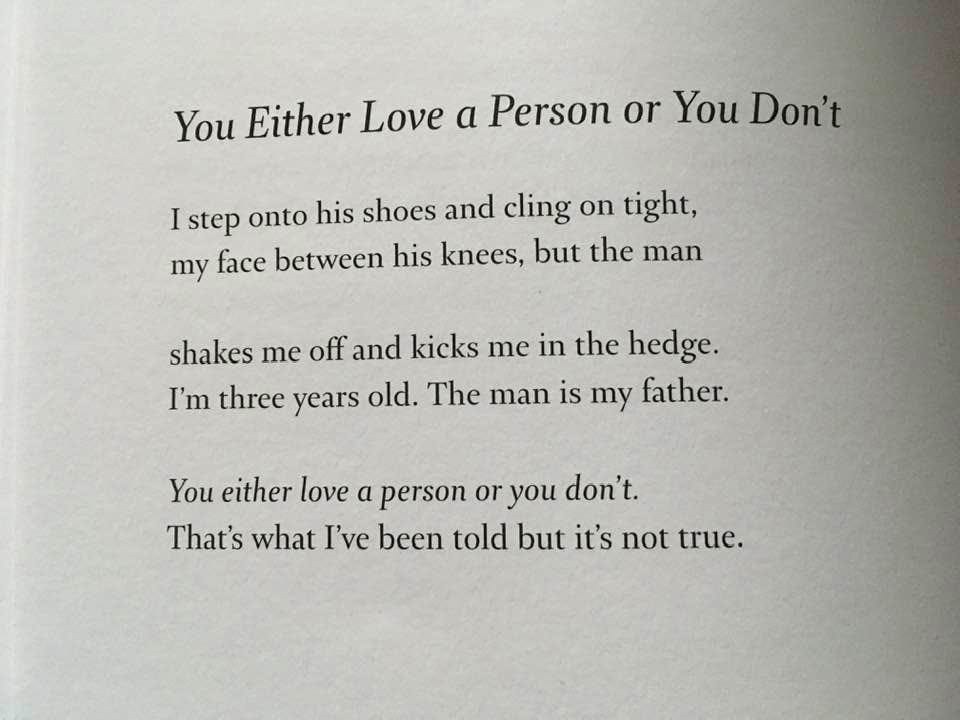On Monday I read a poem by Selima Hill. I didn’t so much read it as feel runover by it. It stalked me from the page. It lured me. And I just kept staring at it and re-reading it. I shared it on my pages. And people commented. They felt seen. And heard. They were floored. They were in awe. It is really something. And just six lines:
Selima Hill is a British poet with close to two dozen collections of work available. She is 75 and has been publishing for over 35 years.
The most extraordinary thing I know about her work is that most of it is the length of the poem above – or shorter. She is a master of economy. She paints gut punches. But she also makes strange and surreal works. She makes the ordinary extraordinary.
I started reading Hill’s work – on a whim – during lockdown. I was at the library just ahead of the level 4 call last year and I stacked up on books – something I was out doing anyway. But in the early days of that new normal I had my support-network of words I’d borrowed.
And Selima Hill’s book I May Be Stupid But I’m Not That Stupid was instantly one of my favourites. Most of the poems are four lines long. Some are two. Not many stretch past six. There are two and three and four poems per page. There are some 400 poems in this 150 page book. It is a lot. A beautiful lot. The economy of language is one thing. But the mind behind these words. I kept pondering that. How. How had this work happened? How had the writer arrived at this style? Not since Lydia Davis (and her medium is the short story) had I been so curious about how the writer imagined-up and kept utilizing the same magic-trick. Making it new each time.
Incidentally my favourite Lydia Davis story is called The Cows. It’s in one of her books and then it became one of her books – published as a standalone short volume. I’ve read it a few times now and marveled at its commitment. To simply observe. To tell what’s there.
Hill has a poem called Cow – in it she observes too. But perhaps she observes (and observes) and then tells us what’s not there.
Anyway, my thanks must go to Emma Neale – a fine writer of both poetry and novels. A skilled editor too. It was her selection of the Hill poem that knocked me out. Had me sharing then. And sharing now. And had me heading back to the hills of Selima’s work.
Last night I powered through Bunny – a funny book of short, short poems which I have woken up to read again. I’ve got Violet and the selected poems, Trembling Hearts In The Bodies of Dogs lined up on the bedside table now to read. And re-read.
So I just wanted to put this poem – and poet – in front of you today. Maybe you’re already a fan and know her work far better than me. But maybe her name and work is new to you. And if so please investigate further and though you won’t always ‘enjoy’ you will experience a whole lot in just a few short words.
Speaking of gut-punch writing, a couple of weeks ago I wrote in excitement about Charlotte Grimshaw’s memoir. The book that advance-publicity was warning us would likely set up a public feud from within NZ literature’s famous family of grumps. I promised to report back. And, well, I finished the book and felt rather horrible. I didn’t know if I’d review it or not. I sat on that for a week or so but earlier this week I wrote this. My thoughts on the book. I’m not sure there’s another book out there quite like Charlotte’s memoir. But I’m pretty sure that’s a good thing for the most part. That said, I’m glad I read it. It’s the book everyone will be talking about deep into this year. And there are plenty of reasons for that. But I am getting the feel that the reviews to date are soft taps on the shoulder and/or pats on the back. That’s fine and fair enough. I can’t tell anyone how to review the book – but I had to have a go at my own gut-punch to get to the heart of it as I saw and had read it. And, as I said, I had promised to report back. So here you go!








